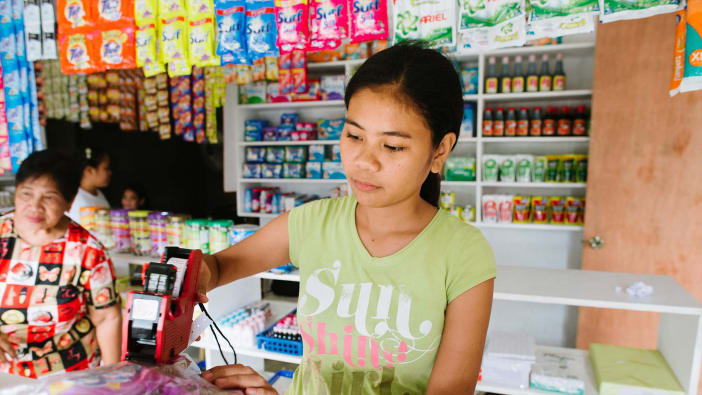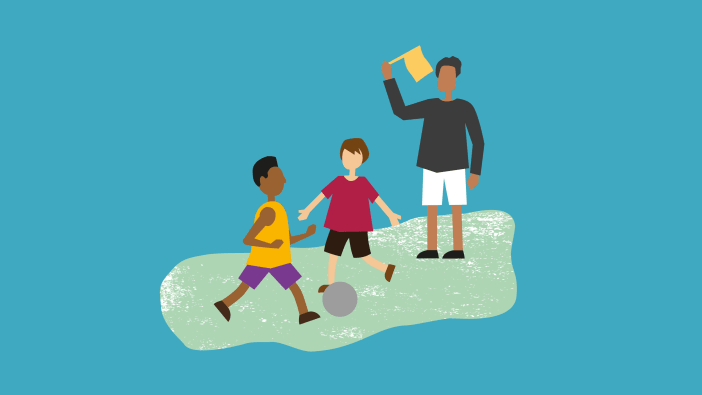Scripture Union, Lima.
Scripture Union, Peru have recently put up a new office building sited right in the heart of Lima’s commercial district, an area ‘worked’ by street kids. At the back of these offices they have built the Sunflower Centre – a drop-in centre for street children.
Entrance is by a narrow flight of stairs – completely separate from the main office entrance. There is a large tarmac area, marked out as a football pitch with benches around the sides. There is room for up to 60 children in basic accommodation with good washing facilities. There are also three large workrooms for use as a bakery, electrical workshop and craft room. The centre is named after Jesus – the light of the world. Just as sunflowers turn to the light during the day, the hope is that the street kids will become as sunflowers – looking to the light of Jesus.
Day and night
There are two main areas of work:
- The street children who stay in the centre at nights. They generally have no family links.
- Children who come to the centre during the day but who do not stay overnight.
The project began in August 1993 with the Director, Pablo Lavado, and two other fulltime workers and a number of volunteers – mostly young folk from Pablo’s church. The work is very demanding – the boys are very difficult to cope with. More volunteers are needed and Pablo hopes to visit other churches and share the vision of the work with them.
There are few rules – they must have a shower each day and are free to come and go in the afternoons but if they want to stay the night they must be back by 9.30 pm with no drugs or money. The punishment for breaking these rules is exclusion from the centre for 1–2 weeks.
Four stages in the work…
Pablo sees the first stage as providing children with exposure to the work of the centre. They can come and go for meals, to play football etc. After several months they will be asked to choose if they want to stay in the centre and agree to the simple rules – only boys are able to stay. They will be asked if they want to stay on and begin attending school with plenty of extra support from the centre. During these second and third stages, boys will be given practical skills training in the afternoons. Income will be raised from the work done in all three areas; electrical repair work, craft and basket work and, in particular, from the bakery. This will be fully equipped as a commercial bakery and a baker will be employed full time – using the boys as labour and providing training at the same time.
Involving local churches
Pablo’s prayer is that a house will be made available to provide a family atmosphere for the boys after they have spent a year at school. Foster homes would be ideal, but they will be very hard to find initially. A change of heart in the churches of Lima will come slowly. Already he is seeing that through the volunteers, boys are being invited out to lunch or for tours of the city with different families.
Pablo Lavado can be contacted at: Unión Biblica del Peru, Apdo 3159, Lima 1, Peru.









